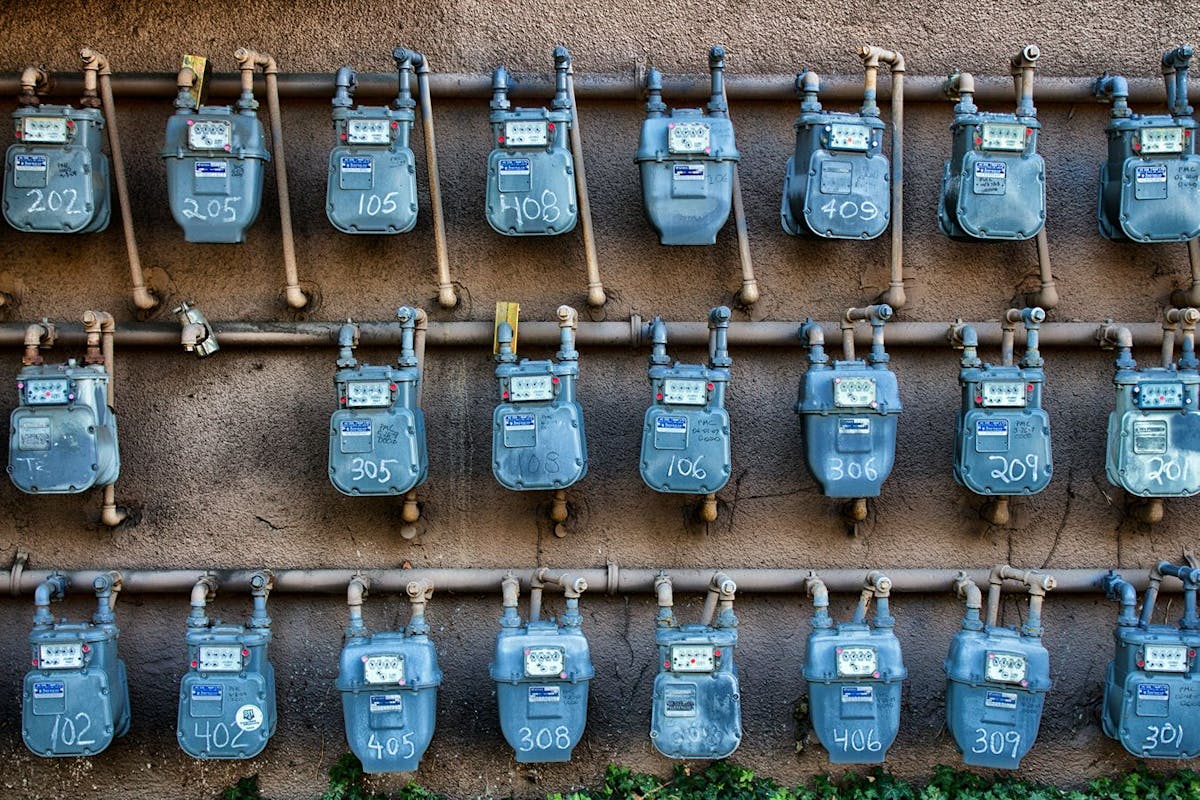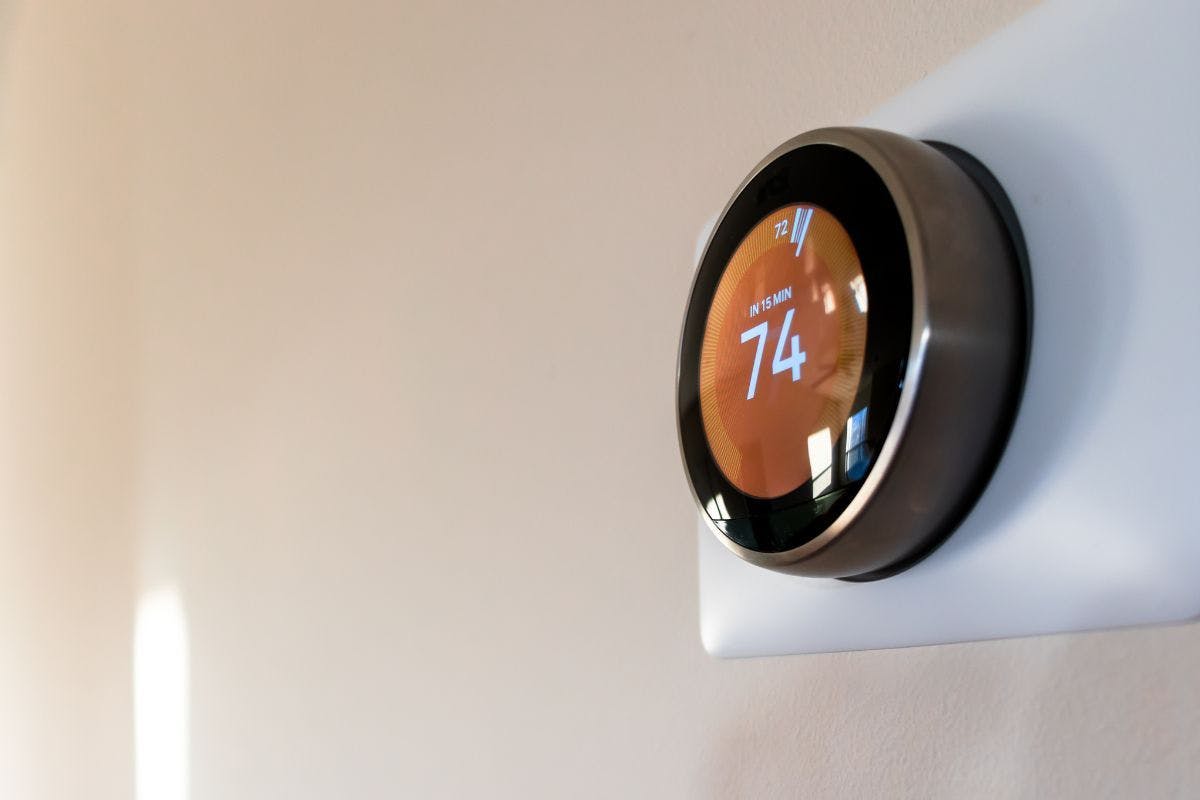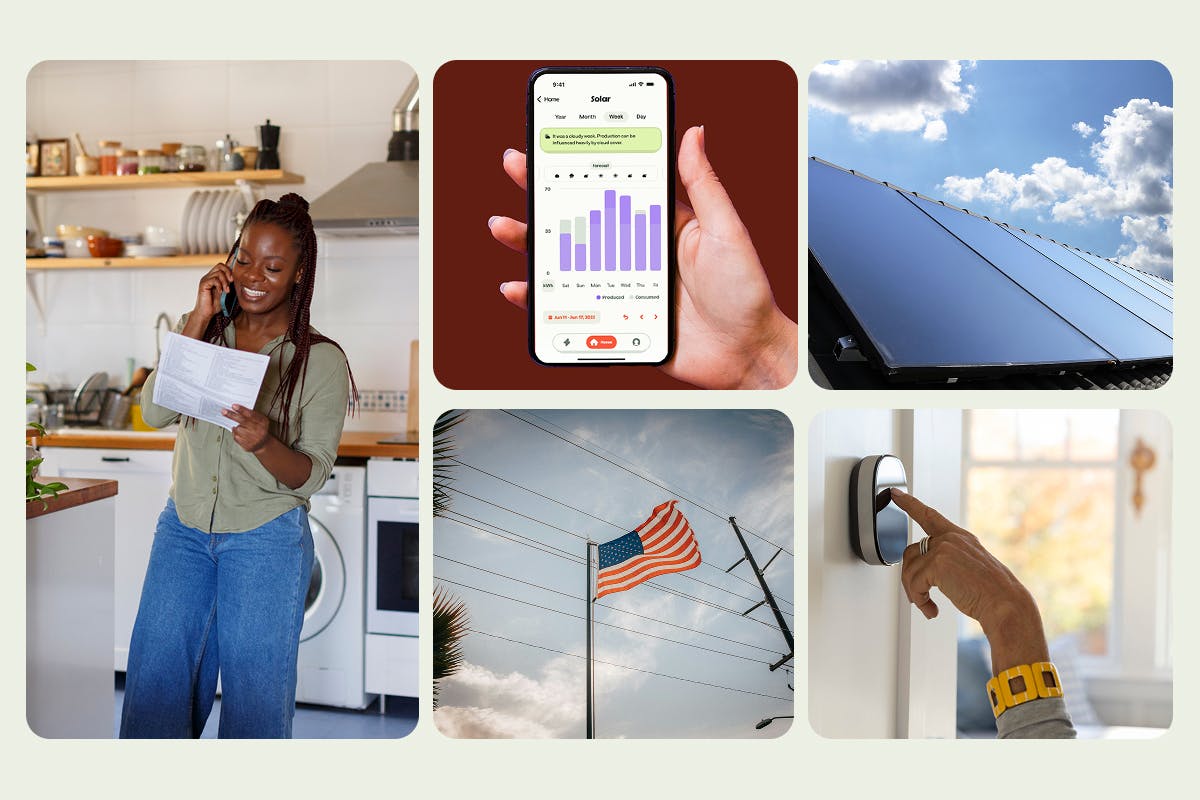How Do I Find My Gas and Electric Company?
Last edited

Author
Andrew Giermak
Solar and Electrification Writer and Editor

Editor
Andrew Blok
Electrification and Solar Writer and Editor

Moving into a new home is a very busy, probably pretty stressful, time. Something you may not think of, until it’s a problem, is finding your new utility companies. Who do you contact to turn on the gas, water, and electricity?
Finding and contacting your utility companies may be important in an emergency, an outage, or for figuring out billing problems. Finding out more about your utilities can also help you learn more about questions like time-of-use rates and ways to lower your energy costs.
How Do You Find Your Gas and Electric Provider?
So you’re just moving into a new home. It’s a normal step to ask someone about the utilities for the property. You can ask your real estate agent, the new landlord, the previous owner, or a neighbor. One important distinction is whether you live in a regulated or deregulated market. (In regulated markets, one company handles supplying and transmitting electricity and gas to your home. In deregulated markets, you can choose your supplier.)
Utility bills, other mail or email correspondence, or a meter with company information on it, can tell you who your gas or electric company is. Once you know the company’s name, you can find them online, too.
Most companies can be contacted by phone, email, online chat, or in person.
Why Should You Know Your Utility Companies
It’s helpful, especially in an emergency, to know your utility companies and how to contact them quickly. First, it’s smart to stay on top of payments. Next, keeping up to date on plans, rate periods, and regulations may be a way to save money, even if we all hate fine print and terms and conditions.
Most importantly, knowing the best way to contact your gas and electric companies in an emergency is important to your family’s safety and your home. You should contact the utility company (after calling 911) if you have a gas leak or see a downed or damaged power line.
How Can You Save Money? Taking Advantage of Plans or Other Benefits
Depending on your utility company or state, there could be plans, rate periods, or rebates that can help you lower your bill. Going one step further, you can look into going solar with home solar panels for savings and energy independence. But, with your gas or electric company, here are possible programs worth looking into.
- Time-of-use rates: Time-of-use (TOU) rates have periods of cheaper electricity when energy demand is lower and periods of more expensive electricity when demand is generally higher. For instance, weekday afternoons and evenings may be more expensive “peak” or “super-peak” rates as energy demand increases when many people get home and start to use more energy. Here’s an example of time-of-use electric rate plans in California from Southern California Edison.
- Net metering: If you’ve gone solar, you can send your solar power to the utility grid and get utility bill credits, often to offset the utility electricity you use when you don’t have solar power (largely at night). Net metering policies can vary, even within states, so be sure to confirm the plans available to you.

- State or local rebates: Some local utilities give rebates for new energy-efficiency appliances like heat pumps and heat pump water heaters. For example, United Illuminating in Connecticut has rebates or incentives available for energy-efficient Energy Star products, smart thermostats, heat pumps, refrigerators, dishwashers, newly constructed homes, and more. Some states have rebate programs as well.
You can find more ways to save money on the Palmetto app, which makes saving energy easy and fun. Connecting the app to your utility account (400 utilities supported), can give you daily insights into how you use energy. When you save energy, you earn discounts on energy-saving upgrades. Or, get energy savings estimates for your home by exploring Palmetto’s Savings Maximizer today.
Frequently Asked Questions
What are time-of-use or TOU rates?
On a time-of-use rate from a utility company, electricity costs more or less depending on the day and time you’re using it based on supply and demand. Periods of time with higher demand, for example, summer weekdays from 4-9 p.m., have higher rates. There are peak periods with higher rates, and off-peak periods with lower rates. The actual schedule depends on the utility.
What’s the process for reporting a utility service problem or billing dispute?
If you have an emergency, such as a possible gas leak, a downed power line, or a safety hazard with electricity or gas, you should call 911. Then, if your utility company has an emergency line, call it. For non-emergency issues, including billing disputes, you can call a non-emergency number or use an online form, app, or text if your utility has this method.
What are common reasons an electric bill is higher than usual in a month?
If you use electricity to heat and cool your home, a hotter summer or a colder winter can increase your electric bill. So can new devices (like an EV and EV charger), old appliances getting less efficient, and vampire energy.


